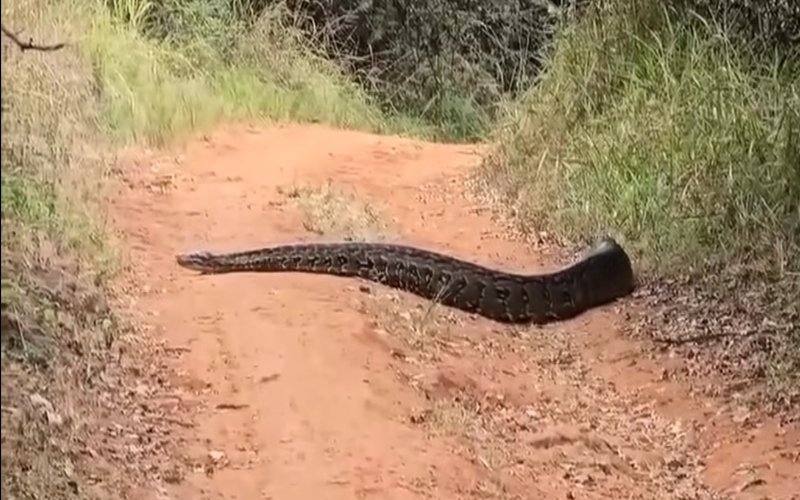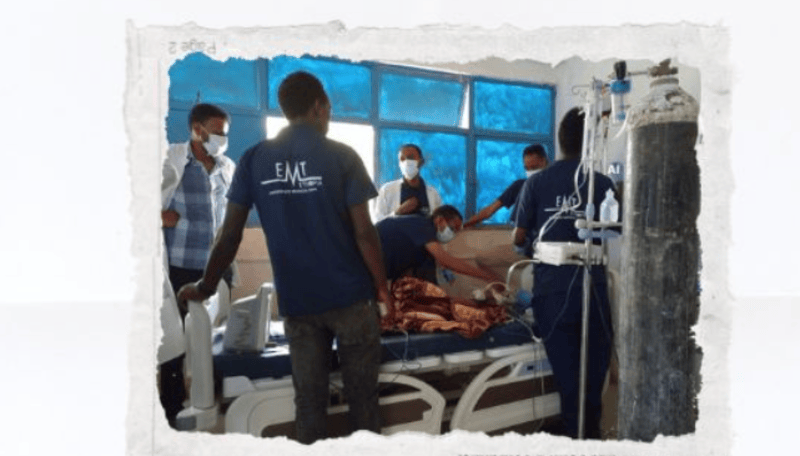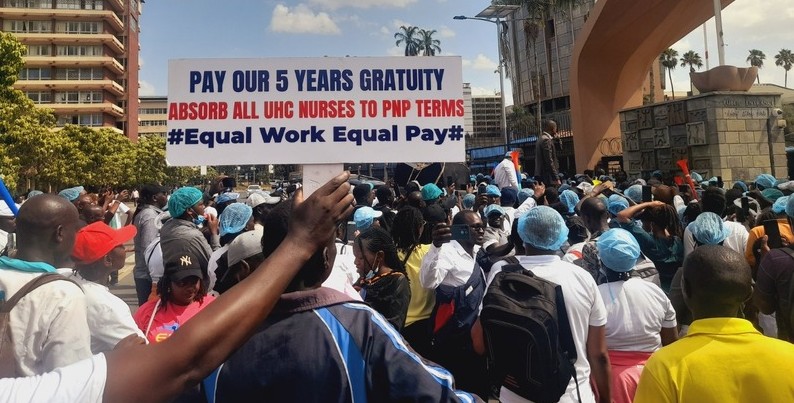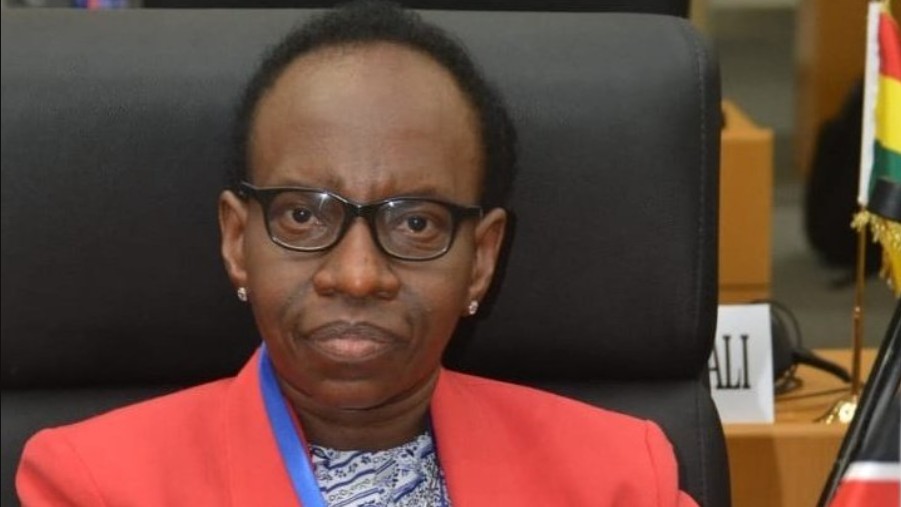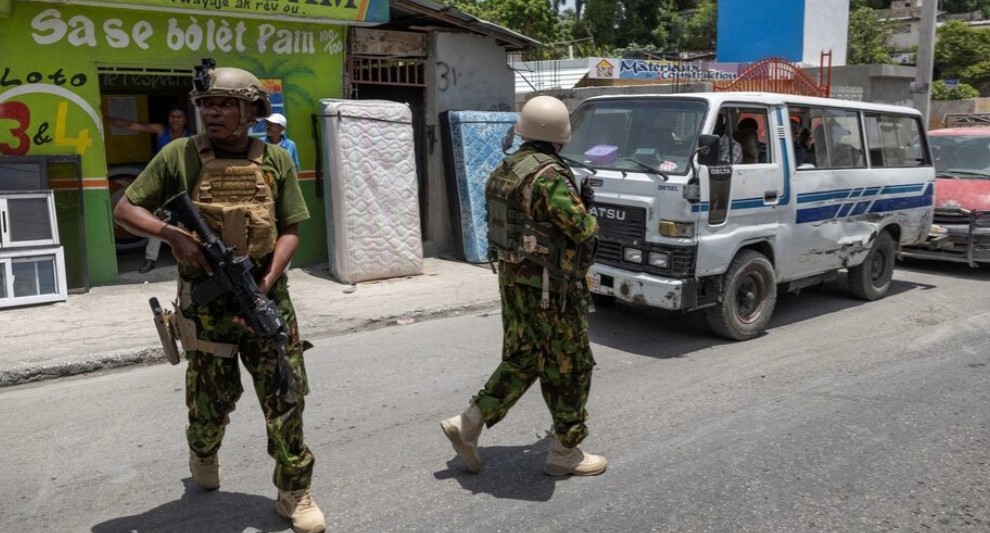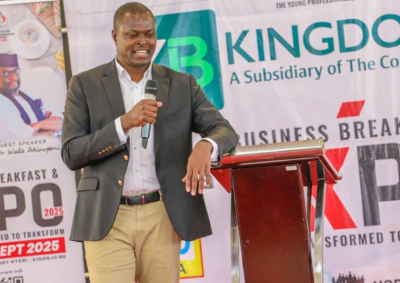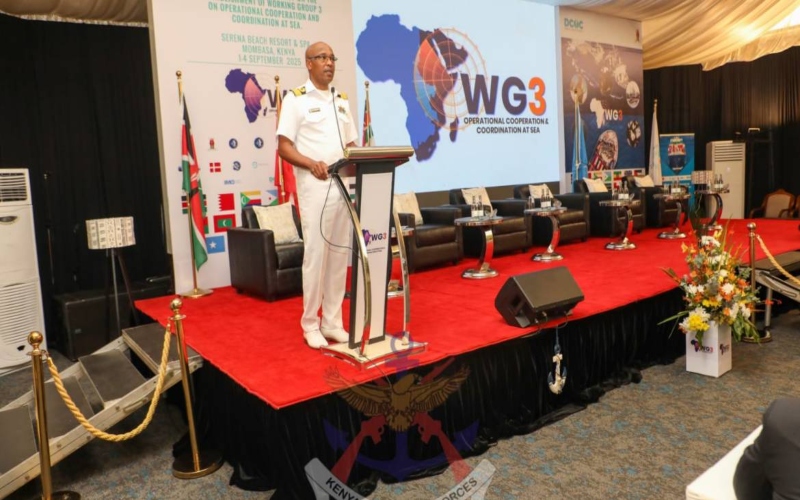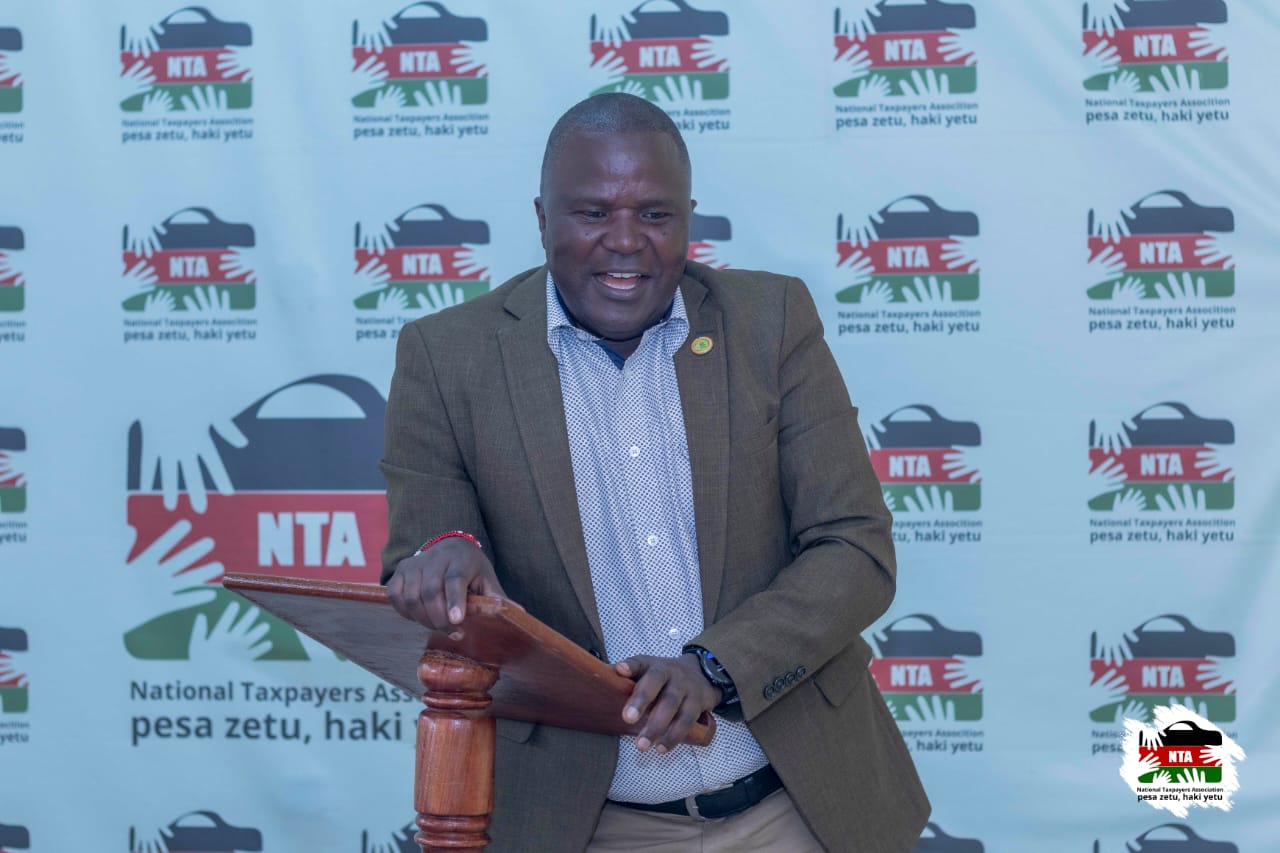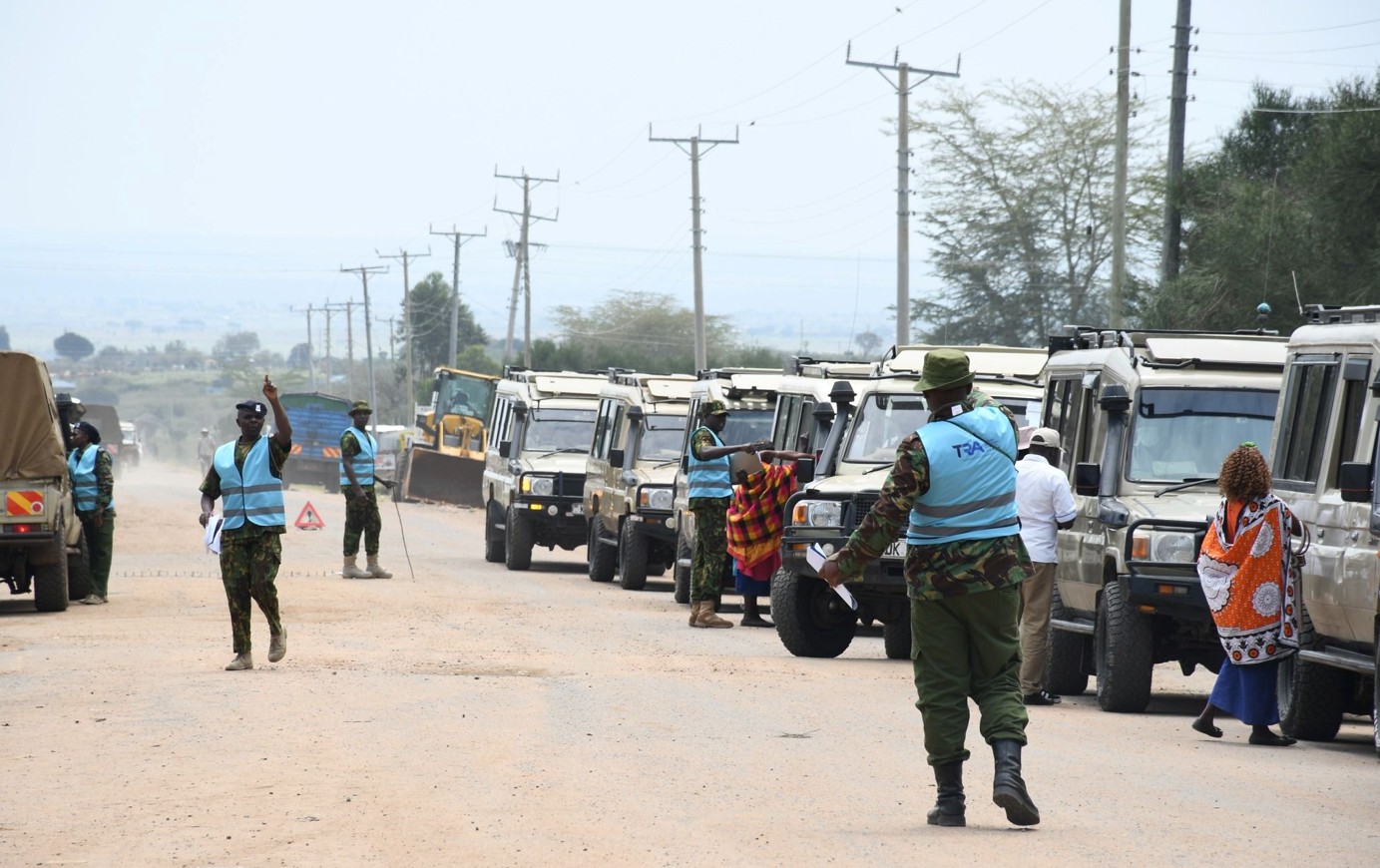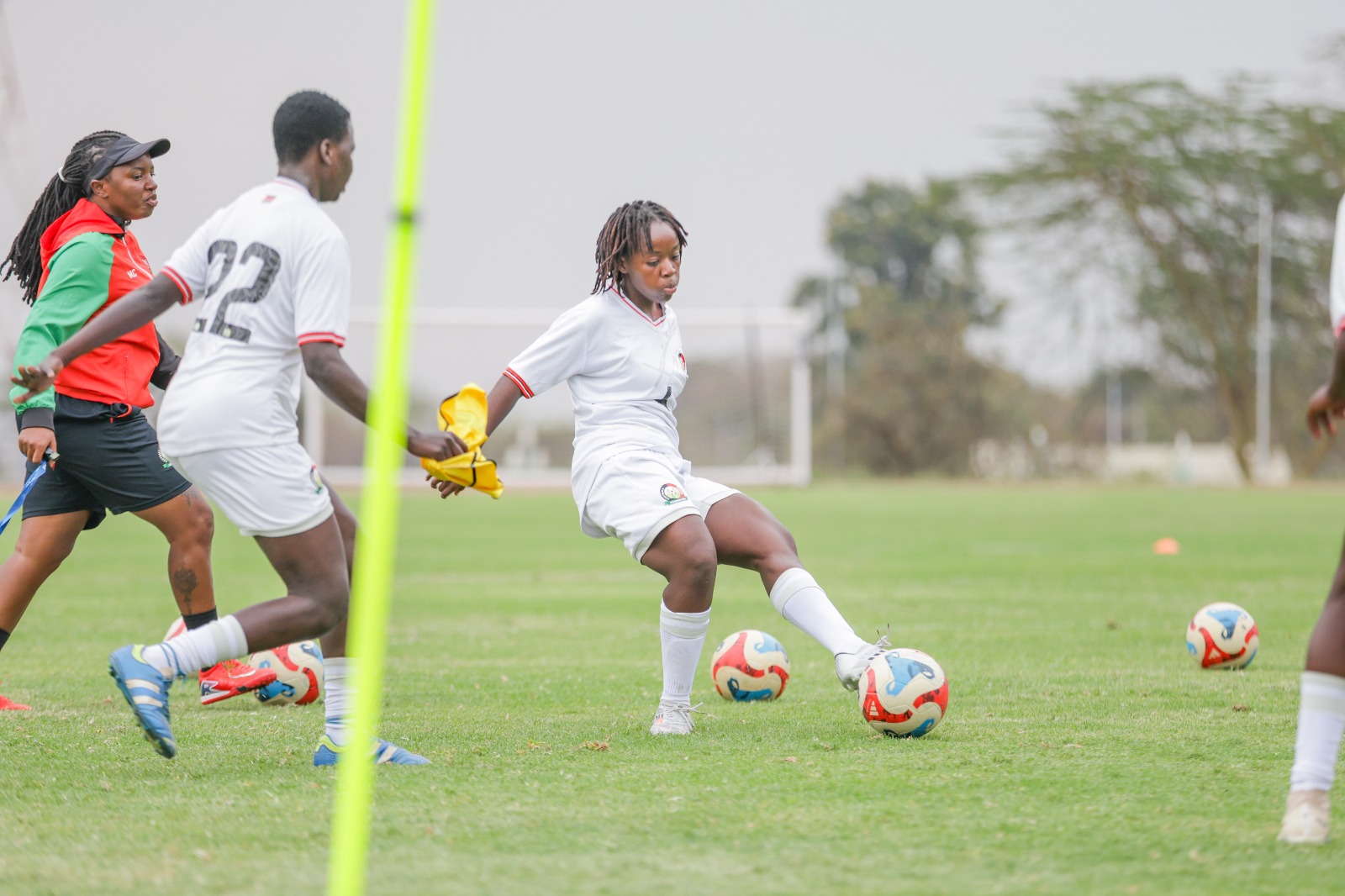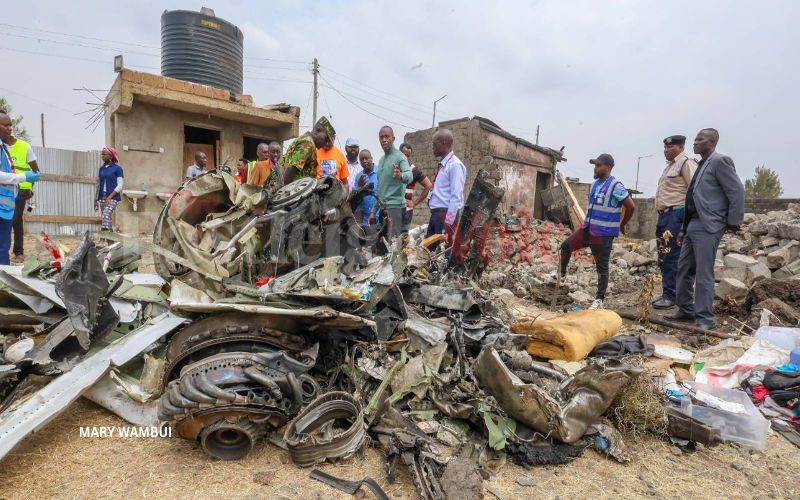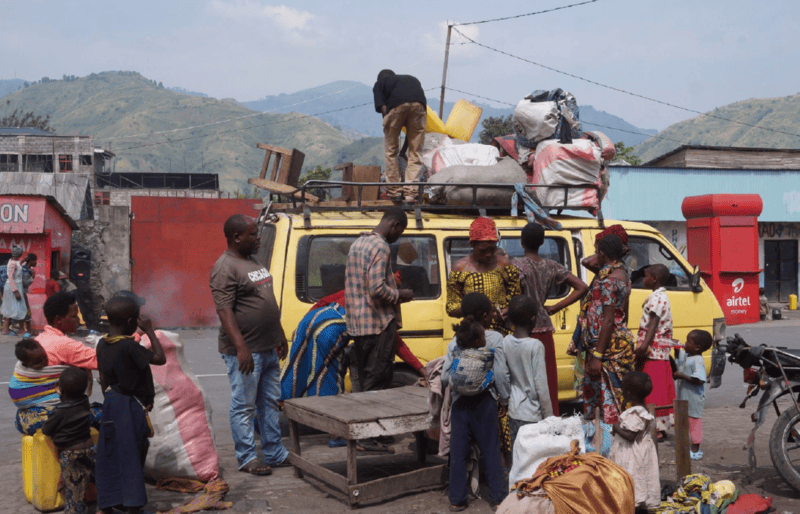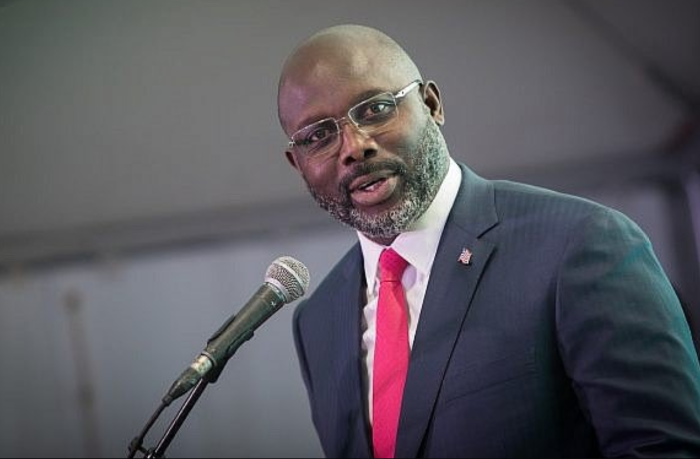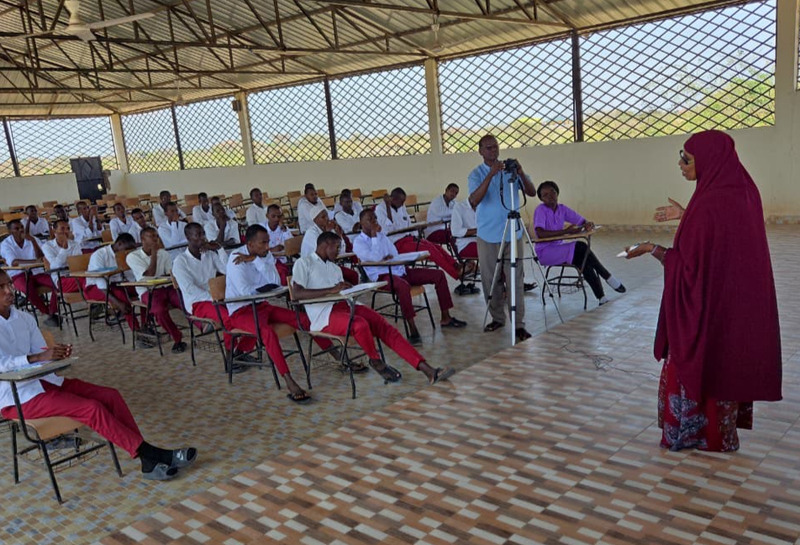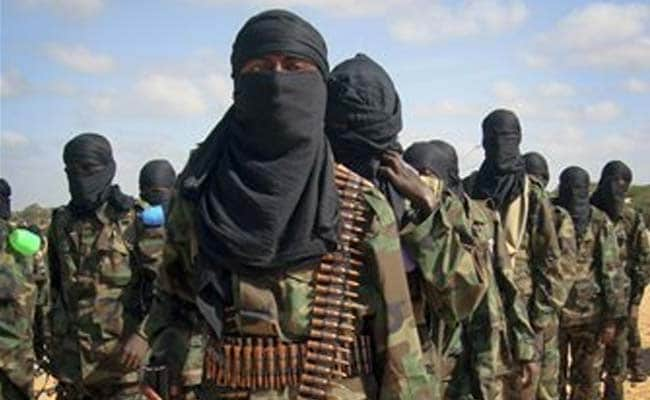Maina Wanjigi: Former Kamukunji MP who fought KANU era excesses on his people
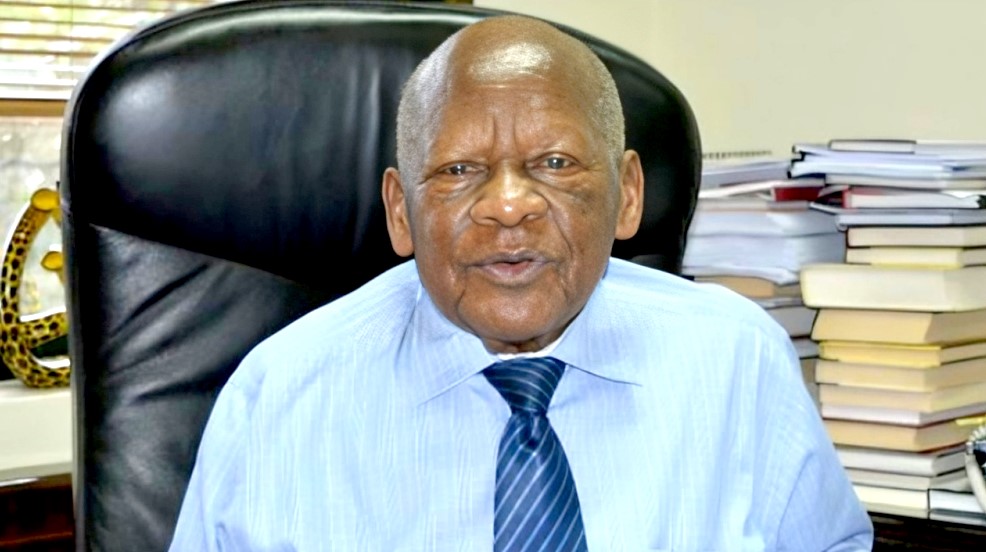
Wanjigi was a darling to former president Daniel Moi’s regime until his political lustre and reputation began fading over time, starting early 1990s when he was kicked out of the then-ruling party Kanu for supporting multiparty politics which was gaining momentum.
The death of former Kamukunji MP Maina Wanjigi ended an era for a man whose footprints left an indelible mark not only in the constituency he represented but the whole country.
Wanjigi, who died at The Nairobi Hospital aged 92, was buried last week. The former minister was an MP for over 25 years and held Cabinet positions in the ministries of Agriculture, Public Works, and Tourism.
He became Kamukunji MP after the then-sitting legislator Tom Mboya was assassinated in 1969.
Wanjigi was a darling to former president Daniel Moi’s regime until his political lustre and reputation began fading over time, starting early 1990s when he was kicked out of the then-ruling party KANU for supporting multiparty politics which was gaining momentum.
But before then, he had been picked to chair national carrier Kenya Airways in 1979 and later became minister for Tourism and Wildlife in 1983.
Opposition leader Raila Odinga described Wanjigi as a leader who dedicated his life to serving the country diligently.
“He was a true Kenyan patriot, a man dedicated to the struggle of liberation, a pioneer civil servant, a man with exemplary service to the nation of Kenya,” said Odinga.
I attended the burial ceremony of a true Kenyan patriot, a man dedicated to the struggle of liberation; a pioneer civil servant; a man with exemplary service to the nation - Hon Maina Wanjigi. A former cabinet minister & Kamkunji MP and father to my friend Jimi Wanjigi pic.twitter.com/c8CLebp6ns
— Raila Odinga (@RailaOdinga) July 5, 2024
Siaya Governor James Orengo eulogised Wanjigi as brave, recalling his stand following the murder of former Nyandarua North MP Josiah Mwangi Kariuki, popularly known as JM.
“It is significant that it was Wanjigi who spoke against the murder of JM Kariuki and even went ahead to attend his funeral at a time when opposing the single-party system was not easy,” said Orengo.
Orengo said Wanjigi made decisions from his heart and always ensured that he was in favour of the people.
In Parliament, JM's firebrand colleagues were having a field day as they attacked the government. Wanjigi was not left out.
“We have in Kenya a government of killers. Let them know we are tired of this nonsense of Harambee,” he said then.
In 1990, Wanjigi was expelled from KANU for advocating for multi-party politics. Thereafter, he was arrested, interrogated, and held at Lang’ata Police Station for three days before being taken to court but no charges were preferred against him.
He joined opposition politics under Kenneth Matiba’s Ford Asili party which unsuccessfully sought to eject Moi from power in the 1992 general election.
He later took over the Kenya National Congress party, seeking to re-establish himself with the people but was unable to overcome the influence of KANU and the Ford party.
Away from politics, Wanjigi served as director of Carbacid Investment for 48 years before exiting in 2018.
He spearheaded the cooperative movement when he was the Minister for Co-operative Development.
In his 2013 autobiography titled, Maina Wanjigi: Shepherd Boy in pursuit of virtue, he narrates how he made it big in business and began by working as an assistant agricultural extension officer in Nyeri District. During this period, he experienced the hierarchical and often discriminatory practices of colonial administration.
However, with Kenya's independence in 1963, his career trajectory dramatically changed and he was appointed the first Director of Settlement in independent Kenya. In this, he played a crucial part in the redistribution of land to landless Kenyans.
In May 1990, while serving as Public Works Minister, Nairobi City Council bulldozers descended on the expansive Muoroto slums in his Kamukunji Constituency while he was out of the country on official duty. The bulldozers flattened the slums, displacing more than 2,000 families in a move that Wanjigi declared "an act of war with the poor and aimed at finishing me politically".
He would later state that "the derelict mud structures had been squeezed into smithereens as the earthmovers' roars camouflaged the cries of terrified children and adults".
He equated the Muoroto demolition with the colonial era Operation Anvil, condemning it as representative of the cruel face of government "featuring remnants of colonial stooges and neo-colonialists".
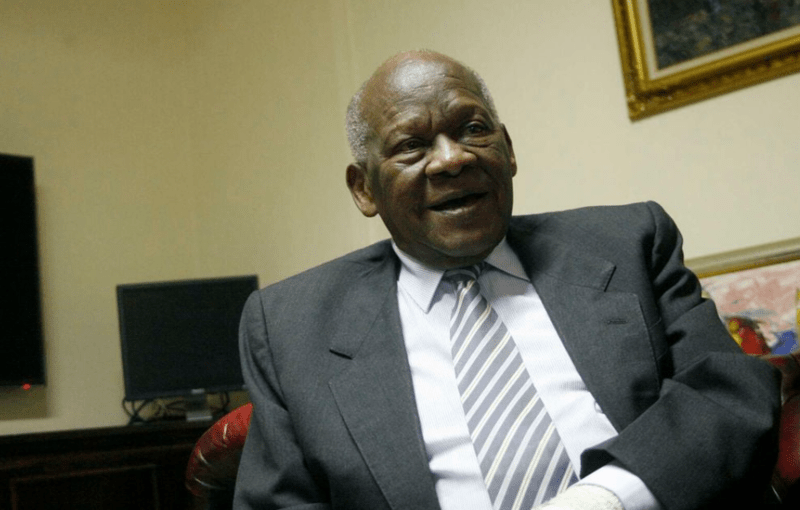 Former Cabinet minister James Maina Wanjigi. (Photo: Handout)
Former Cabinet minister James Maina Wanjigi. (Photo: Handout)
Wanjigi’s stand got him in trouble with the Moi regime. To survive, he joined the proponents of multi-party democracy, leading to his expulsion from KANU.
In a vicious crackdown that ensued, Wanjigi was among the long list of political detainees who were incarcerated without trial. He was held for three days.
“Muoroto village, which was in my constituency, was one of the many settlements in the city, and its demolition was particularly painful because the plan had been hatched behind my back, by the very government that I served,” says Wanjigi in his memoir.
He narrates how the Muoroto structures were brought down in the dead of night as their dwellers rested their limbs. Some had been pulled out of their beds naked and clobbered senseless, while the more alert had managed to flee only with the clothes on their backs.
In 1989, the former Kamukunji MP started Maina Wanjigi Secondary School, a public school located on the 4th street of Eastleigh Section 1, now a girls-only institution.
Absa Bank’s Eastleigh Branch Manager Abdirizak Isack Ibrahim is a former student of the school. He recently delivered foodstuffs to the school, accompanied by several top managers of the bank.
Abdirizak expressed his pride in giving back to the school which played a significant role in shaping his life.
"Getting even breakfast was difficult for me. I know there might be other students who are undergoing the same hardships I faced," he said.
Top Stories Today
